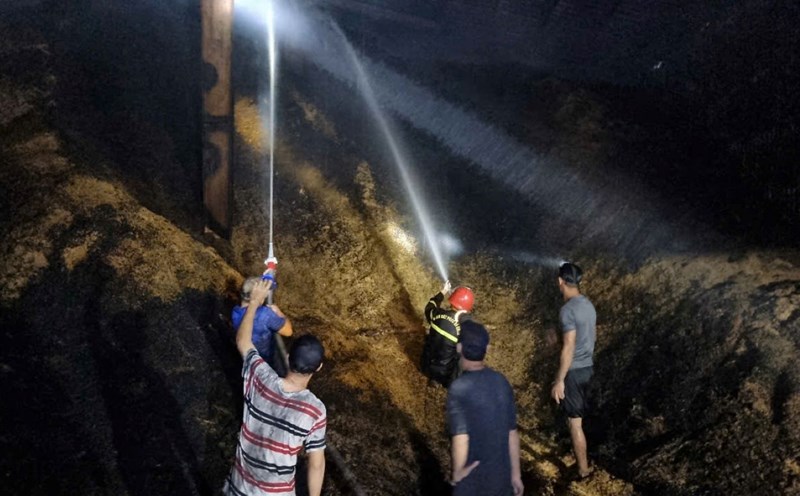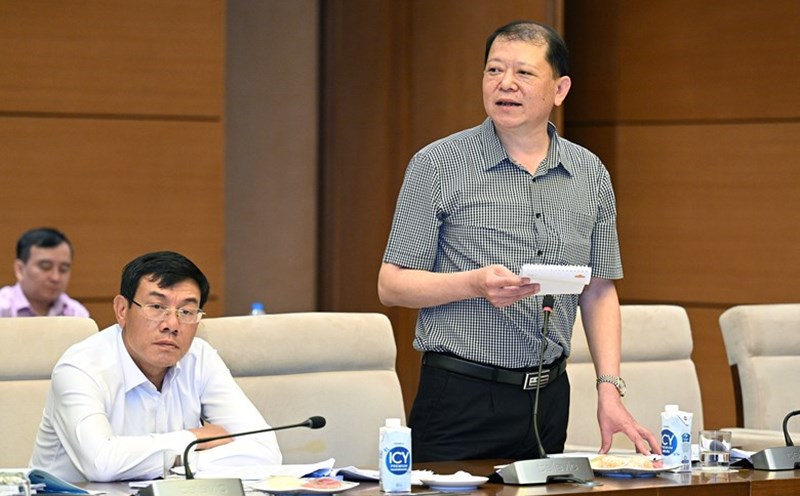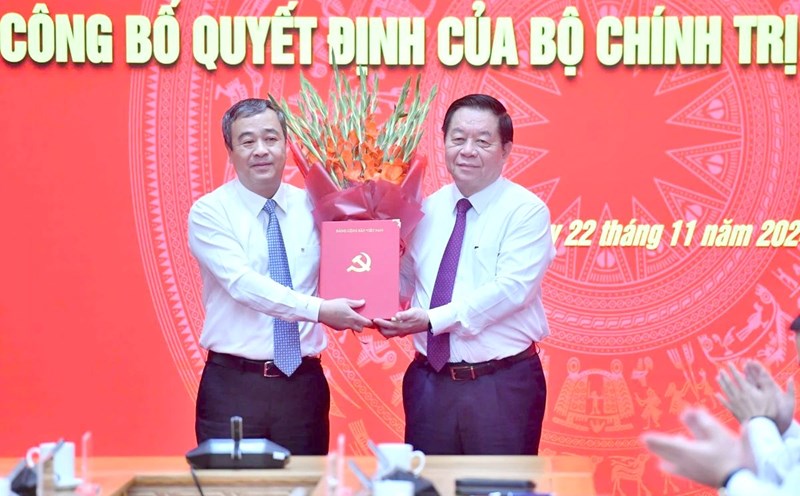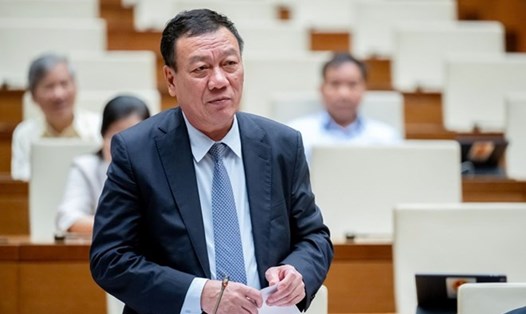Recovering billions due to violations
On November 16, Mr. Rah Lan Chung - Chairman of Gia Lai Provincial People's Committee signed a document (No. 216/BC-UBND) to send to the Government Inspectorate and departments and branches on overcoming and rectifying violations of construction order, investment and minerals in the area.
Currently, the violating units have paid 13,872 million VND to the temporary account of the Government Inspectorate. The provincial authorities have collected and paid to the State budget 27,183 million VND of the amount of overdue contract advance capital that the contractor must recover.
The units that must pay back the money are: Pleiku City Construction Investment Project Management Board, Chu Se District Construction Investment Project Management Board, Pleiku City Land Fund Development Center.
Regarding overdue advances of budget capital projects, Gia Lai Provincial Land Development Fund has recovered 44,545 million VND, the unrecovered amount is 92,177 million VND.
The provincial inspectorate recommended that the Gia Lai Provincial People's Committee transfer the file to request the police to investigate violations in land management of agricultural and forestry origin at Gia Lai Coffee and Bien Ho Tea Company Limited.
During the investigation, the Provincial Police and Procuracy agreed that these two cases were not criminal acts and did not constitute a crime. Therefore, the investigation agency decided not to prosecute the case.
Regarding violations of the Forestry Law, there are 66 cases that are temporarily suspended from investigation due to the expiration of the investigation period but the perpetrators cannot be identified (land encroachment, illegal logging, transportation of forest products, etc.).
There are 3 cases of suspended investigation due to individual exploitation of forest products, not enough quantity to prosecute, only administrative penalties without criminal prosecution.
Strictly implement the recommendations
Gia Lai Provincial People's Committee also directed departments and branches to inspect and review the transfer of shares when land procedures have not been completed at the Mountainous Development Wind Power Plant of Chu Prong Gia Lai Wind Power Joint Stock Company and the Central Highlands Processing Wind Power Plant of Chu Prong Gia Lai Wind Energy Joint Stock Company.
Based on records and documents, Gia Lai Provincial People's Committee affirmed that the two investors have complied with the provisions of the Enterprise Law, Investment Law and documents issued by the province.
Comparing the Investment Law 2014 and Decree No. 43/2014/ND-CP, both enterprises have financial support commitments from the parent company and financial institutions, and guarantees on the financial capacity of the investor.
The project investor's capital for project implementation is not less than 20% of the total investment.
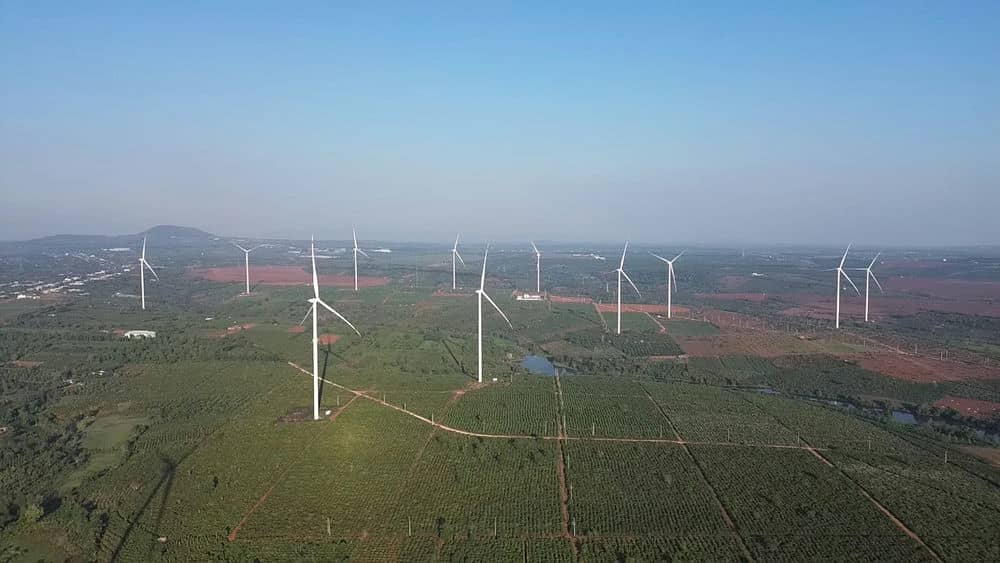
In 2020, the People's Committee of Gia Lai province approved the investment policy for the mountainous development wind power plant project, with a total investment capital of VND 1,916,905 million.
Of which, the investor's capital contribution is 383,381 million VND, accounting for 20% of the total investment capital. Loan capital from commercial banks is 1,533,524 million VND, accounting for 80%.
The Tay Nguyen Wind Power Processing Plant Project has a total investment capital of VND 1,917,157 million, of which the investor's contributed capital accounts for 20% and commercial bank loans account for 80%. Currently, both projects have basically completed the investment items.
Although the implementation of these two wind power projects is in accordance with the Enterprise Law, Investment Law, and Government Decree, the Gia Lai Provincial People's Committee still directs competent agencies such as the Department of Planning and Investment and the Department of Labor, War Invalids and Social Affairs to handle violations regarding deposit amounts and investors using foreign workers.
Gia Lai Provincial People's Committee has seriously and promptly implemented the requests and recommendations of the Government Inspectorate in the conclusion (No. 263/KL-TTCP).
However, because the conclusion includes many contents, over many periods, and involves many groups and individuals, the remedial work has certain difficulties.




